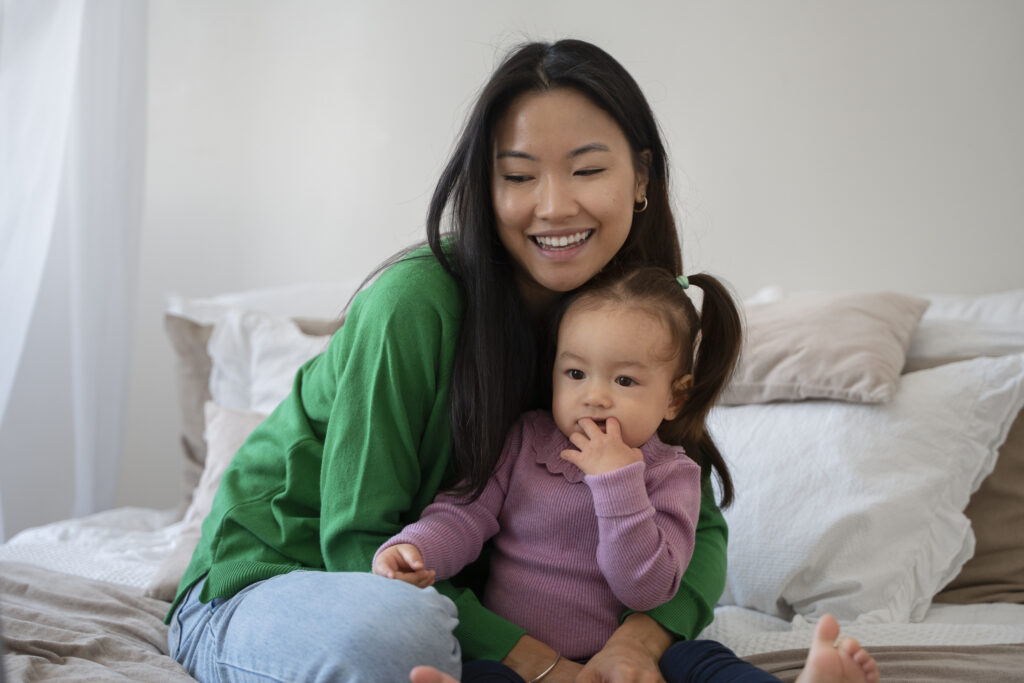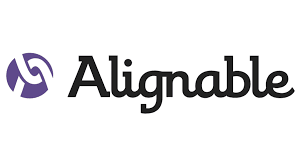R.A.I.S.E.
Objectives
- Reduce Stress
- Teach Coping Skills
- Provide Resources and Strategies To Find and Access Resources
- Develop Support Network
- Teach Problem-Solving Methods
- Direct Change In Maladaptive Behaviors

Groups of 8-10 single parents meet weekly for two months.
Single-parent families are one of the largest growing family groups in the United States. They are also some of the poorest families in our nation, lacking the necessary resources to be self-sufficient. A family’s health is shaped by many things including the home, the condition of that home, the neighborhood in which it is situated, and the economic resources acquired to maintain a safe and stable environment (Jacoby, et.al., 2017). Since 2018 the U.S. Census Bureau reports the number of children living in single-parent households increased for both male and female heads of household from roughly 5.8 million children in 1960 to 19.6 million children in 2018 (Whisenhunt, Chang, Parrish, Carter, 2019).
Single-parent families, that have the resources necessary to be self-sufficient economically, often lack the support they need to have a safe and well-managed family life. Single parents are managing jobs, children, sometimes stressful divorce situations, and everyday tasks of living and raising children. Single-parent households have had significant psychological strains on the parents, particularly the custodial parent.
The barriers to becoming a successful family unit often include the depression and anxiety of the main caregiver. Blocks to getting adequate mental health services and support services are prevalent in our society. Many working-middle-class families do not have insurance that supports mental health services, or the deductibles are so high that families cannot afford to meet the deductibles. Substance abuse sometimes becomes a coping mechanism in a landscape that seems to be working against the health of families.
Groups will focus on the needs of single parents, and provide learning opportunities and a supportive network for parents. The initiative I am proposing would be focused on addressing many of the issues mentioned in this proposal.

Program participants will partner with me to:
RESOURCES (R) Learn where resources from non-profit agencies and government agencies are available for those who normally do not qualify. Finding community mental health agencies/free support groups and using Medicaid/sliding scale fees and pro-bono for services.
ACTIVATING (A) Create and initiate their ideas into their vision/purpose onto a Vision Board or statement.
IMPROVING (I) Enhance self and their well-being (perhaps returning to school, finding better job opportunities, financial aid resources, scholarships, second incomes, job retraining)
SUPPORT (S) Self-care, emotional well-being techniques, meditation, where to find free resources for entertainment, etc.
EMPOWERING (E) Creating daily/weekly/monthly affirmations or confessions. Creating support systems and empowering self through thought, word, and deed. Guiding them to become what they are meant to be with a positive philosophy, interventions, and strategies.
These focus groups will provide an understanding of single parents and their unique issues. Using group coaching/counseling and interventions to increase coping skills, these groups will build community and support for the participants. Resources will be given as well as teaching participants how to research and secure resources. We will look at both the hardships faced by single parents and address some of the maladaptive habits that may have developed as a result of trying to cope with these hardships. Problem-solving methods will be taught and participants will get help on how to apply the methods.
Your organization may have employees that might want to access my services and resources. Programs can be designed for specific groups.
Contact us today for more detailed information.


